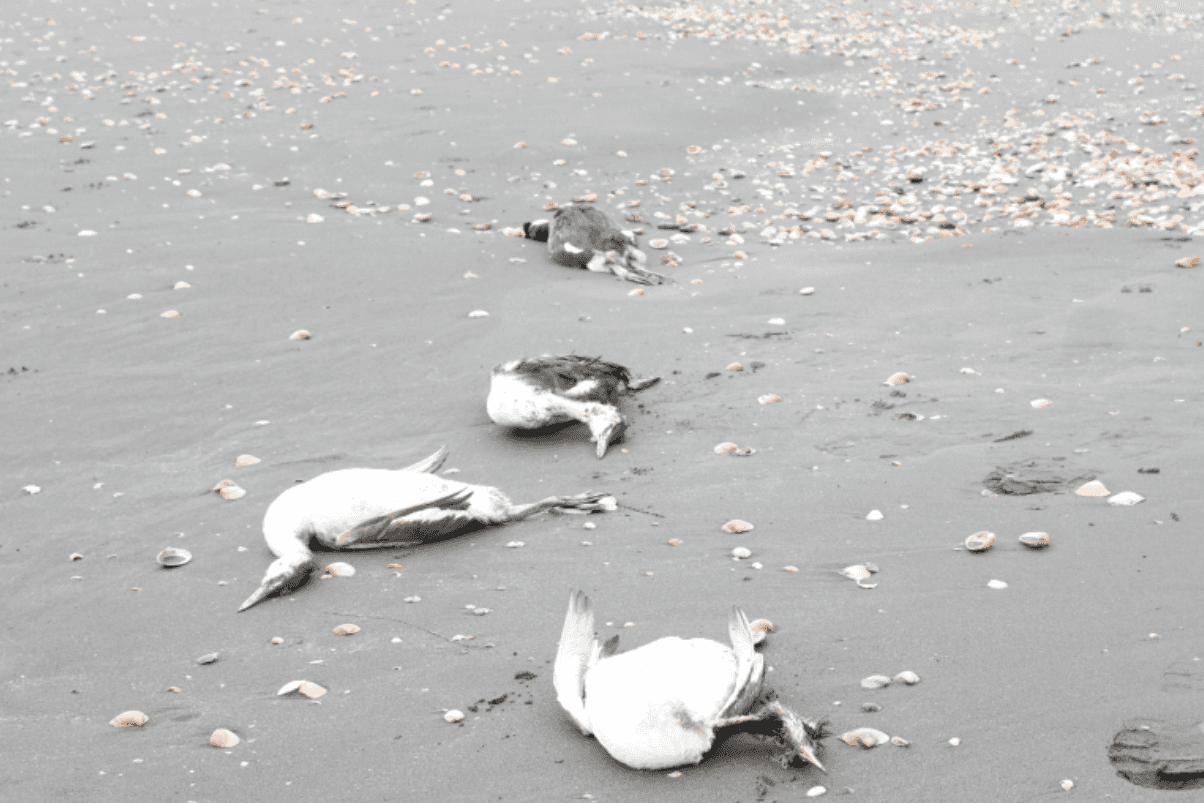
Azerbaijani state media has claimed that the country has issued an Interpol red notice for the former deputy chief of staff of French President Emmanuel Macron, Alexandre Benalla.
On Monday, APA said that the red notice for Benalla, who was also a former security officer for Macron, had been approved by Interpol.
APA claimed that the red notice was related to an investigation and subsequent appeal by Azerbaijan’s State Security Service (DTX), based on the allegations that Benalla and Anass Derraz, a manager at the French water company SAUR, received bribes from Azerbaijani-Russian oligarch and politician Farkhad Akhmedov in order to help him be removed from Western sanctions lists.
APA said the DTX had been investigating the case for years, and that it concerned a ‘multi-million dollar bribe’ in exchange ‘for releasing his luxurious Luna yacht from international seizure and providing him with protection from sanctions’.
It is unclear where Benalla is currently located, but APA said that Derraz was detained in Azerbaijan. There were no additional details provided as to why he was there.
Currently, there is no listing for Benalla on Interpol’s website, and the claims that a red notice has been issued for him could not be independently verified.
In a written statement to OC Media, Interpol said it could not provide any specific information regarding the case, but instead advised ‘to contact the national authorities concerned’.
Interpol added that a red notice was ‘not an international arrest warrant’, as was claimed by the Azerbaijani pro-government media outlet Caliber.
The US Justice Department has described a red notice as ‘the closest instrument to an international arrest warrant in use today’, but it does not require a country to extradite the subject of the notice.
OC Media also contacted the French Embassy in Azerbaijan, but had not received a response at the time of publication.
Benalla is no stranger to controversy, and there has been previous reporting on his alleged connections to Akhmedov and other Russian oligarchs.
Benalla first became a household name in France in 2018 due to his involvement in a series of scandals that rocked Macron’s government. The controversies — dubbed the Benalla Affairs (or Benallagate) — included an episode in which he was caught on film beating a protester, which he was then fired for, as well the revelation that he retained his diplomatic passport post-dismissal, and finally, the accusations that he was connected to Akhmedov and Uzbek-Russian oligarch Iskander Makhmudov.
He was sentenced to three years in prison in 2021 for both the beatings and illegal usage of diplomatic passports, but the Russian connections have continued to be investigated and have not led to any charges in France.
Azerbaijan’s ongoing feud with France
While the reporting on the alleged red notice was more measured in APA, it verged on a gloating tone in Caliber, a media outlet often known for its outlandish conspiracy theories and vitriolic rhetoric.
Macron’s face was featured in a montage on the cover, and although the headline referred to Benalla as his ‘ex-bodyguard’, the body of the article did not mention that he had not worked for Macron for seven years.
Relations between Azerbaijan and France have plummeted in recent years, largely due to French support for Armenia. The feud has become personal, with Azerbaijani President Ilham Aliyev directly accusing Macron of ‘pushing [Armenia] to war’ during a speech in March.
Over the past few years, Azerbaijan has engaged in a variety of diplomatic attacks against France, some of which have escalated beyond simple rhetoric. In 2024, France accused Azerbaijan of supporting a separatist movement in New Caledonia, which escalated into violent riots that left 14 dead.
As recently as 24 April, Azerbaijani politicians have continued to repeat the allegation that France was encouraging Armenia to launch a military offensive against Azerbaijan.











